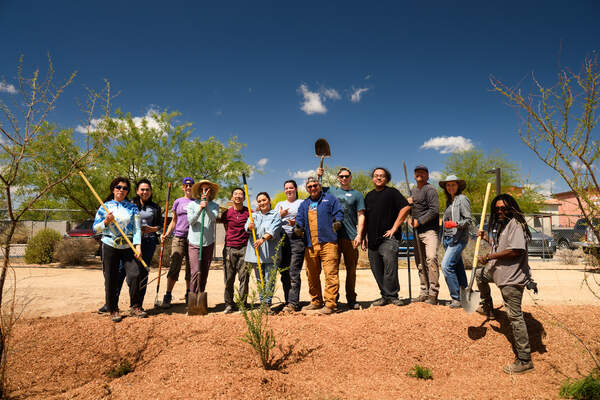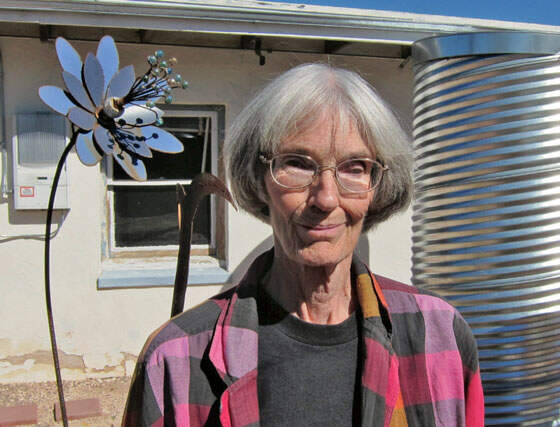Land & Water Acknowledgement
Watershed Management Group acknowledges that we live, learn, work, and engage with community on the ancestral lands of the Hohokam and Sobaipuri, and those of the Apache, Pascua Yaqui, and Tohono O’odham, whose relationship with this land continues to this day. We acknowledge that water in the Sonoran Desert is of great spiritual, physical, and ecological significance to be protected, cherished, and celebrated.
We invite you to learn more about the indigenous communities, the lands we inhabit and the history of the land and its people by visiting: www.native-land.ca

